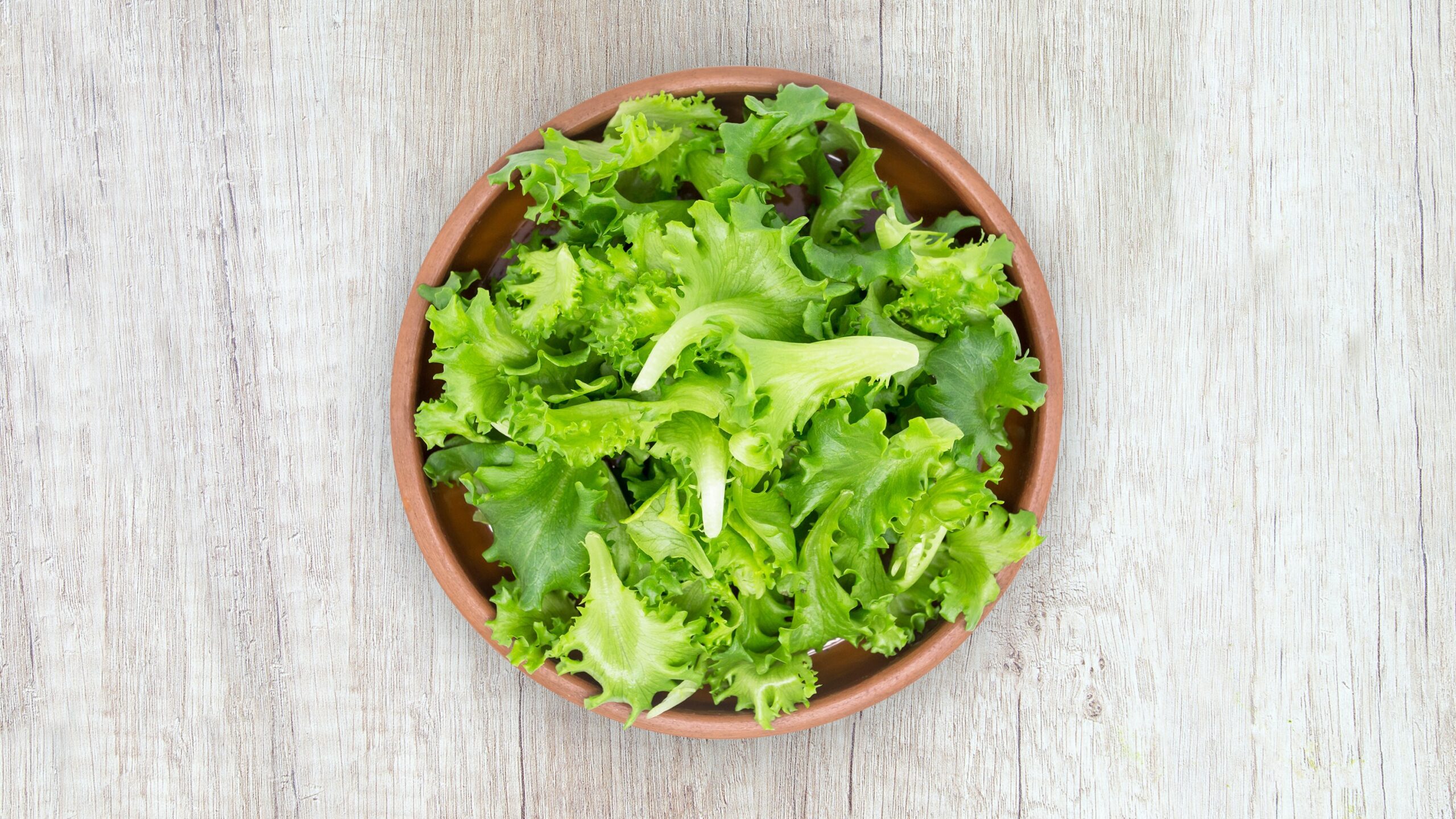If you are recently diagnosed with coeliac disease or moving to a gluten-free diet you may be wondering what you are allowed to eat and what you are not which can be very challenging for some people in the beginning. One of the most common questions that are asked is lettuce gluten-free. And is it safe to eat?
Lettuce that is fresh from the produce section of your local grocery store or from your garden will not contain any gluten and is safe to eat. However, if you are purchasing pre-packaged salads with dressings it is the dressing that is more likely to contain gluten, so unless otherwise stated you must assume that has gluten.
To check whether any pre-packaged salads contain gluten it is important to look carefully at the ingredients list as some manufacturers do not explicitly state whether the product is gluten-free because it can leave them exposed to legal action if they are not 100% sure.
The food labeling laws in most countries require food manufacturers to state an ingredient list on the side of packaged food. Within this ingredients list, they are required to declare any potential allergens which include gluten, nuts, soy, and sometimes dairy.

To make it clearer most manufacturers will typically bold any potential allergens within their ingredients listings and in some cases, they will also declare which allergens are present in a statement below the list.
Additionally, it is also common for some manufacturers to state on the label things like “This Product May Contain Gluten” which typically means that the product is essentially gluten-free but has been processed on the same equipment as gluten-containing foods. For all intents and purposes, you can pretty much take that to mean that the product is gluten-free and safe for coeliacs to eat.
The one exception where you can eat products safely that do contain wheat is when wheat has been used to produce glucose, dextrose, or any other sugar with “ose” on the end. If the product contains something like that it will still contain on the label that it is derived from wheat but the level of processing that is required to produce that product is sufficiently high to remove any gluten from the product and therefore is safe to eat.

What Type Of Salad Dressings Are Not Safe To Eat For Coeliacs?
Pretty much any salad dressing type that you can think of has the potential to have gluten in it because some food companies use additives that do contain gluten. So it is possible to have vinegarette-type dressings such as French or Italian dressings that contain gluten and it is also equally possible to have soy sauce and mayonnaise-based dressings that contain gluten.
To avoid problems with these types of things it is best to carefully read the ingredients using the information stated earlier in the article to determine whether the salad is safe to eat.
Is It Safe To Eat Salads In A Restaurant?
As mentioned above in the article lettuces are typically safe to eat but you need to watch out for the dressing so if you’re visiting a restaurant that is not explicitly stating that the dishes are gluten-free on its menu then you need to double-check with the staff at the restaurant.
Generally, in my experience, those restaurants that do not have any significant gluten-free options or even one or two options on the menu, purely to say that I can cater to coeliacs, will typically not understand the requirements of a gluten-free diet.
So when are request comes in for a gluten-free diet you will often just get a salad with no dressing of any type. However, to expand the number of restaurants you can visit with a high degree of confidence it is highly recommended that you ask the staff at the restaurant to actually show you the dressing bottle that they are using because you will probably know more about whether the dressing is gluten-free than they will.

Are There Other Ingredients That May Not Be Safe For A Coeliac In Salads?
Generally, dressings are the biggest issue in any salad for coeliacs as pretty much all fresh food will not contain any gluten except for grains such as wheat, barley, and rye. However, there are other ingredients that you may encounter such as croutons in things like caesar salads that you need to avoid.
In salads that are based on rice and potato, they will be gluten-free provided the addressing is suitable, however, most pasta salads will not be gluten-free and therefore need to be avoided.
I hope you found this article useful and are able to get a great salad from your local restaurant.
Relevant Articles
Does A Dishwasher Remove Gluten?
Why Is Gluten-Free Bread So Small?

Comments are closed